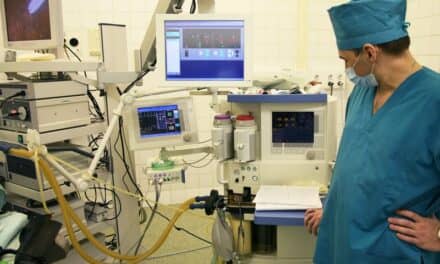The global reprocessed medical devices market is expected to reach $3.35 billion by the end of 2024, up from $982.7 million in 2015, at an annual growth rate of 14.9%, according to a new report from Transparency Market Research (TMR).
According to TMR, the global reprocessed medical devices market is characterized by a largely consolidated vendor landscape with the lion’s share of the market held by a handful of established players, including Hygia Health Services Inc., Vanguard AG, Ethicon (a subsidiary of Johnson & Johnson), Stryker Sustainability Solutions, and Medline Industries Inc., which, combined, held a whopping 94% share of the overall market in 2015.
Small players, meanwhile, are seeking to establish themselves in the reprocessed medical devices market Asian-Pacific and Latin American countries. Geography-wise, however, North America held the top spot with the leading share of the overall market in 2016, according to TMR, due largely to favorable regulatory scenarios for duly-tested and certified reprocessed medical devices.
Reprocessed cardiovascular medical devices are the most in demand, mainly because of the increasing incidence of diseases in both developing and developed countries, according to TMR. The pressing need to bring down healthcare expenditure in both developing and developed countries is another key factor behind the growth of the market. While environmental concerns about waste generated from the disposal of medical devices are also driving the growth of this market.
Industry initiatives to reduce the price of reprocessed medical devices also are favoring growth in the reprocessed medical devices market, the new analysis shows. While the buildup of pressure on healthcare providers to keep a check on their budgets has increased the adoption of reprocessed medical devices.
Finally, although stringent regulations established by government bodies requiring quality checks of reprocessed medical equipment to minimize incidences of hospital-acquired infections has helped drive growth in the market, apprehensions among patients about safety are slowing widespread adoption of reprocessed medical devices, according to the report.




